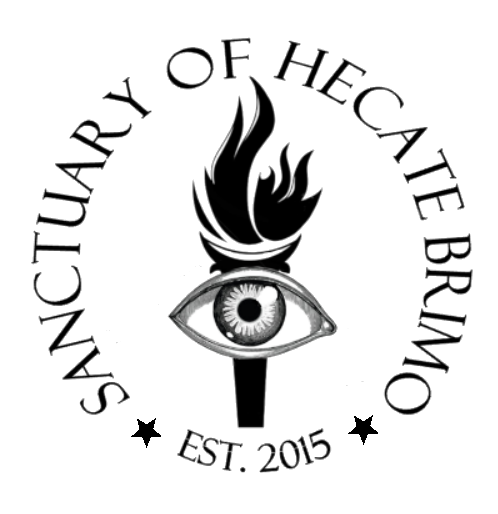Chapter 2 – Naming the Sorcerer
For the most part, as I mentioned chapter 1 reads like
stereo instructions. I had a hard time
following the sentence structure and felt lost for the most part.
As chapter 2 started, I felt a bit more in line with the
writer. The author, Fritz Graf starts
out chapter 2 with a definition. He
states that a Magos or Magus is a priest or religious specialist. He goes on to refer to various historical
texts that use the words Magos/Magus/Magi as well as the word Magic or
Magia/Mageia
.
Magi are referred to as everything from “Experts in the Gods”
to “Men on the fringes of Society”. At
one point in the chapter in a reference to Plato’s Republic they are referred
to as men who “Will harm good men or bad for a price.” And as “Charlatans” who
trained in the art of deception and have power based on illusion.
Looking at the changes in the term, we can see that either
training in the fields of science increased or revile for those that spoke of
the gods occurred.
Going into this book I had a set idea of what magic is and
what a magus is. I had heard the term
Magi and was familiar with the Jesus birth and how gifts were presented to the
Christ child by the Magi. It was not until
today that I learned that basically Magi means, a priest of ancient
Persia. To me, magic is an energy that
is available for all to access. Priest, sorcerer
or not. Just as the word pagan changed
from yokel to heathen, I believe the same thing appeared to happen to words
related to magic.
I've just started on page 36 of the book, subtitled – The Roman
World. Looking forward to see what’s in
store.
As they say, when in Rome.
Blessings
Sosanna
)O(

















No comments
Post a Comment